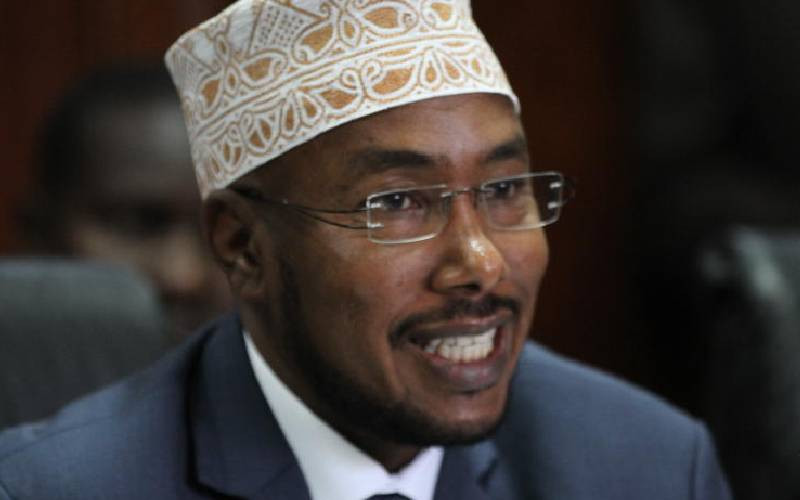×
The Standard e-Paper
Join Thousands of Readers

Audio By Vocalize

The Independent Electoral and Boundaries Commission (IEBC) will not conclude the delimitation of new boundaries slated for March next year, the bipartisan committee has heard.
The commission yesterday sought extension of the deadline from the Wiper Leader Kalonzo Musyoka and National Assembly Majority Leader Kimani Ichung'wah dialogue committee.

